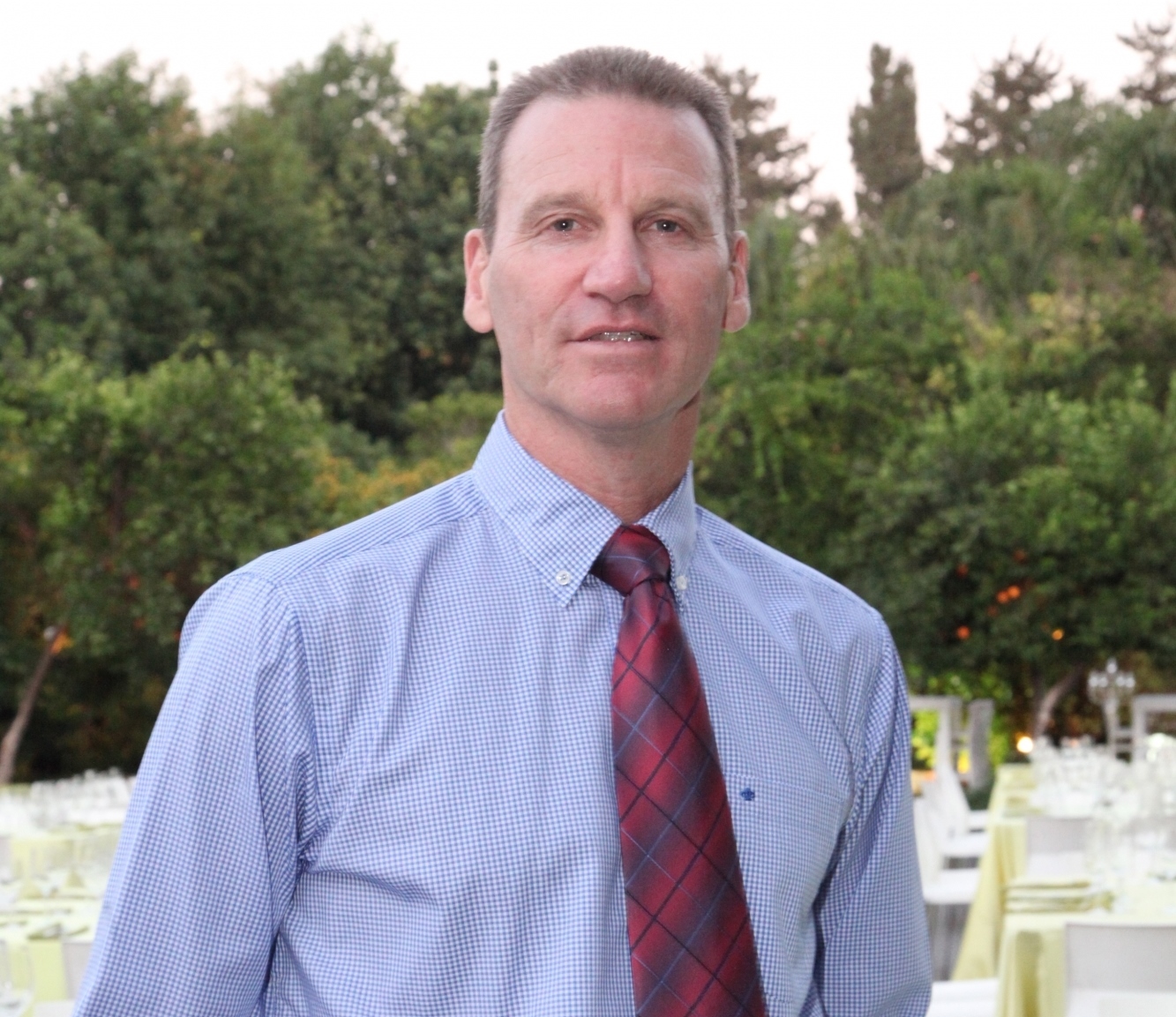Scientific Program
Keynote Session:
Title: A review on harvesting and harnessing rainwater: an alternative strategy to cope with drinking water scarcity
Biography:
Ghanashyam Khanal, Lecturer of Economics, Morgan International College, Tribhuvan University, Kathmandu, Nepal
Abstract:
Currently available sources of water face extreme pressures around the globe because of oblivious human activities as well as changing climate. The rainwater harvesting system (RWHS) carries a huge potential to enhance surface and groundwater resources in regions having a poor water supply. Recently, several countries have started to promote the updated implementation of such practice to tackle the problem of growing water demand. These considerations motivated our enthusiasm for looking at its current circumstances and the possibility of RWHS in the future. In this regard, the study aims to identify the evidence gap among different determinants (climate change, reliability, water quality and financial viability) intertwined with RWHS. In the paper, studies related to the significance of RWHS amidst scarcity of water around the globe, published in valued journals from 2000 to 2020, are reviewed. We found that the RWHS becomes economically viable when certain steps and risk assessment methods are executed in planning and maintaining this system. The study concludes that drinking water sufficiency is possible if a sustainable drinking water supply system is built via RWHS.
Key words: alternative water source, climate change, economic feasibility, rainwater harvesting system, water quality, water scarcity
HIGHLIGHTS
- Rainwater harvesting system (RWHS) carries a huge potential as an alternative strategy to cope with drinking water scarcity.
- RWHS becomes economically feasible when certain steps and risk assessment procedures are implemented in designing and maintaining this system.
- Drinking water sufficiency is possible if a sustainable drinking water supply system is established via RWHS.
Title: After COVID-19 Pandemic, Shall I Move to a Sustainable Retirement Village when I Retired? Mediated Moderation Model
Biography:
Wong, Wong Ming graduated Krirk University, Thailand
Abstract:
Purpose: In order to fill in the gap of COVID-19 event impacts on consumer’s attitude and intention of retirement lifestyle choices, the objective of this paper examines whether the effect of COVID-19 moderates the relation between the consumers’ attitude and intention, which has been mediated by the sustainable features of retirement village.
Design/methodology/approach: The paper collected 931 research sample from China via online research firm to distribute the questionnaire to its database. The data has been analyzed by the Partial Least Square Structure Equation Modeling.
Findings: The finding results are (a) the consumers’ attitude medicates social and economic sustainability and their intention; (b) the event strength of COVID-19 moderates the relation between consumers’ attitude and their intention.
Oral Session 1:
- Business Executives
Title: Covid-19 and small businesses performance and innovation
Biography:
Dr. Harel is a Senior lecturer at Peres Academic Center. His research focused on Entrepreneurship, Innovation and Small businesses. Dr. Harel serves as a member of board of directors at some leading public Israeli corporations, and bringing with him over two decades of versatile management and business experience as a CEO of several companies in Israel, building and implementing new strategic plans and successfully managing their exit strategy. Dr. Harel holds B.A. in Economics (Cum Laude), M.B.A. (Finance) and M.A. in Philosophy (Cum Laude) from Tel Aviv University, and Ph.D. from Ben-Gurion University in Israel.
Abstract:
This study looked at the impact of the COVID-19 pandemic on the revenues of small businesses operating in industrial sectors, and at the extent to which these businesses changed or adjusted their business activity, or changed the extent to which they utilize open innovation tools and implement innovation promotion processes. The findings show that, despite COVID-19's far-reaching impact in all areas of life, the revenues of most small businesses in industrial sectors were not adversely affected, and most of them did not adjust their business activities or the extent to which they employ open innovation tools and engage in innovation promotion processes. The findings also indicate that small businesses, most of whose revenues derive from subcontracting work are likely to cope better under conditions of economic uncertainty. The findings also show that businesses that are active in international markets succeeded in adapting their activity to the changing demands and various trade restrictions. This study's contribution lies in its focus on small businesses, and its examination of how subcontracting strategy and international operations help them contend with problems and conditions of economic uncertainty and suggest that policymakers should foster programs that assist small businesses with these work strategies.
Title: Digitalization, blockchain and finance in the netherlands: terms affecting financial professional and opportunities
Biography:
Professor Dr. ing. Jan Veuger MRE FRICS is in 2019 appointed as professor Blockchain of the School of Finance & Accounting, School of Creative Technology and School of Governance, Law and Urban Development, Hospitality Business School and School of Commerce, School of People and Society & Entrepreneurship of the Saxion University of Applied Sciences, The Netherlands. Therefore he was from 2012-2019 professor Real Estate at the Hanze University of Applied Sciences Groningen, Institute for Business. Jan graduated from the Erasmus University Rotterdam, one of Europe's top business schools for education and in the top three for research. Next to being a professor, Jan is co-promoter of five PhD candidates, Chairman of the Committee of quality certificates (CKV) at Quality Center Social Housing Corporations, member of Supervisory Board of Commissioners for four different organizations (to 2,000 employees) in the area of social housing and elderly care.
Abstract:
The exploratory research in 2020 received a lot of attention in trade journals in the Netherlands and in the international context of academic journals, webinars and conferences. This led to this research in 2021, including a reorientation on the structure of the research. Due to the further development of the faculty in 2020 and 2021, the questions from the research were further professionalized, peer reviewed by experts and supplemented. In addition, it is interesting and scientifically important to place the research more in both a national and international perspective, both with regard to professional groups and with regard to other studies, such as that of Controllers Magazine, After various inventorying discussions at the end of 2020, whether or not at the request of the stakeholders, this led to a reorientation on the conducting of the research. At the beginning of 2021, the study was therefore extended almost simultaneously to: (a) all members of the Werkveldcommissie (Werkveldcommissie; WVC) of the Accountancy (AC), Finance, Tax and Advice (FTA, formerly Fiscal Law and Economics) and Finance & Control (FC) programmes of the Academy of Finance, Economics and Management (FEM) at Saxion University of Applied Sciences, (b) all members of the Samenwerkende Register Accountants en Accountants Administratieconsulenten (SRA) a network organization of 375 independent audit firms with 900 branches in the Netherlands, and (c) international sister universities of Saxion University of Applied Sciences.





